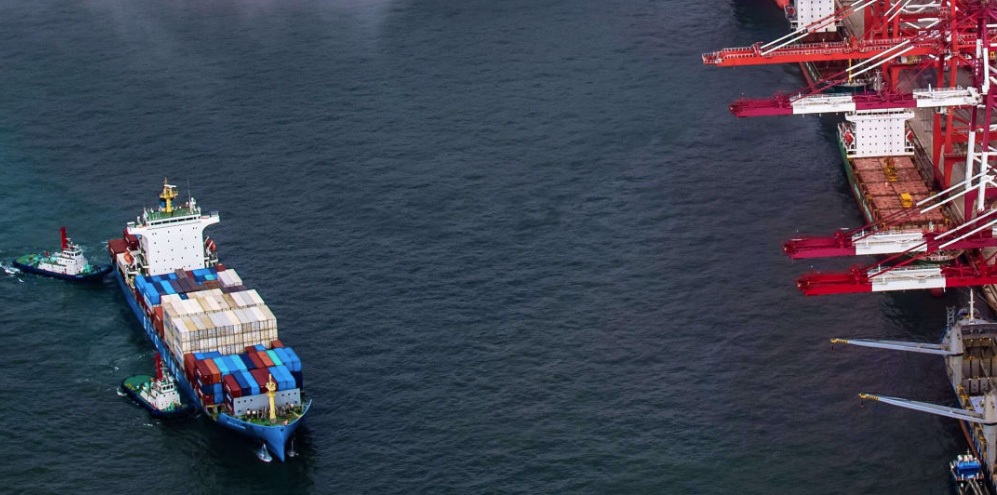‘It’s a complete mess’: Energy market in flux ahead of a global shipping revolution, analysts warn
December 23, 2019 @ 17:37 +03:00

A much-anticipated and historic rule change to shipping fuel standards will come into force in less than two weeks, leaving energy market participants braced for a period of confusion and uncertainty. On January 1, 2020, the International Maritime Organization (IMO) will impose new emissions regulations designed to significantly curb pollution produced by the world’s ships.
Amid a broader push toward cleaner energy markets, the IMO is poised to ban shipping vessels using fuel with a sulfur content higher than 0.5%. At present, the upper limit on sulfur oxides is 3.5%. Major oil companies and shipowners have spent billions of dollars preparing for the changes but energy analysts have expressed some concern that many in the oil and shipping industries still appear to be unprepared.
“The market is in complete flux. Nobody seems to have the answers of how this will play out,” Patrik Berglund, CEO of Xeneta, a Norwegian-based company that crowdsources freight data, told CNBC via telephone. Berglund had previously described IMO 2020 as the “opportunity of a lifetime” for shipping liners to raise their prices, since the entire industry expected increased costs.
More than 170 countries, including the U.S., have signed on to the fuel change. The world’s two largest container shipping lines, A.P. Moller-Maersk and MSC, have both said that falling in line with IMO regulations would incur extra costs of at least $2 billion each.






